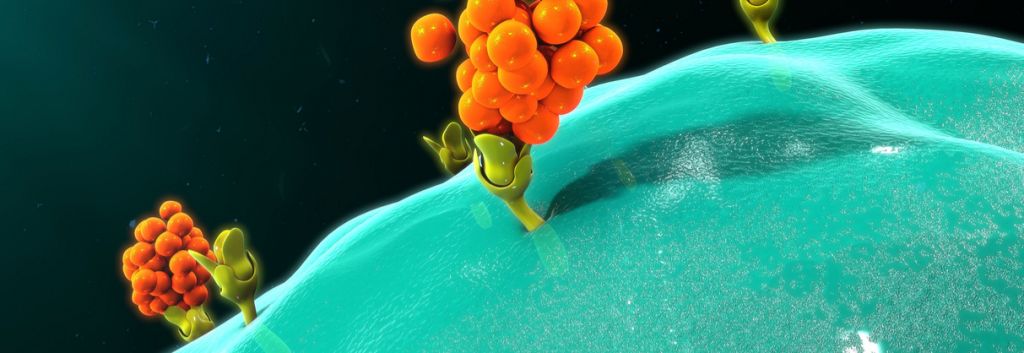Newsletter Signup - Under Article / In Page
"*" indicates required fields
Update (28/06/2017): Cellectis has announced the first administration of UCART123 in its Phase I trial in Acute Myeloid Leukemia.
Update (07/02/2017): the FDA has granted Cellectis IND approval to start clinical trials with UCART123.
Original publication 04/01/2017
Cellectis is preparing to start the first clinical trial ever using an allogeneic CAR-T therapy that could reduce time and costs over its competitors.
Cellectis, a French company developing CAR-T therapies for cancer, has just announced the submission of the first Investigational New Drug (IND) application to the FDA for an off-the-shelf CAR-T candidate. If approved, the company will soon start Phase I trials with UCART123 in patients with acute myeloid leukemia (AML) and blastic plasmacytoid dendritic cell neoplasm (BPDCN).
The UCART123 candidate consists of T-cells engineered using TALEN, a gene editing technology more expensive but also more specific than the famous CRISPR. Unlike most other CAR-T treatments, which bind the CD19 antigen on leukemic cells, Cellectis’ candidate is the first to target CD123.
Another key feature that makes this therapy different from all other CAR-Ts currently under development is that UCART123 can be manufactured in large scale using cells from a healthy donor instead of autologous treatments relying on the patient’s own cells.
Although companies like Novartis and Kite Pharma are currently leading the race to launch the first CAR-T therapy, their treatments are autologous and require individualized procedures. Cellectis’ allogeneic technology could reduce time and costs and eventually take over the immuno-oncology market.
With this announcement, Cellectis takes the lead over the Belgian Celyad, which is also developing an off-the-shelf CAR-T therapy. Celyad’s allogeneic technology is currently in preclinical stage but expected to hit the clinic this year. The competition is already fierce between both companies and André Choulika, CEO of Cellectis, has questioned the validity of Celyad’s patent.
The expert biotech leader will be one of the few European representatives invited to speak at the exclusive JP Morgan Healthcare Conference in San Francisco next week. In an interview with him, André honestly told us, “CAR-T is not the miracle cure for cancer“. In fact, his company is trying to make the therapy safer for patients with a switch control system to turn the T-cells off. This mechanism could address the major concern raised lately by several deaths reported in other CAR-T trials.
Apart from pioneering faster, cheaper and safer cancer therapies, the French company is also invested in developing healthy and sustainable food through genetic engineering. Last November, it hosted a gene-edited dinner with Calyxt, a subsidiary that uses Cellectis’ TALEN technology to create better food. One way or another, it looks like this company might one day make a difference in the world we live in.
Image by Sciencepics / Shutterstock, video from Cellectis
Oncology R&D trends and breakthrough innovations







